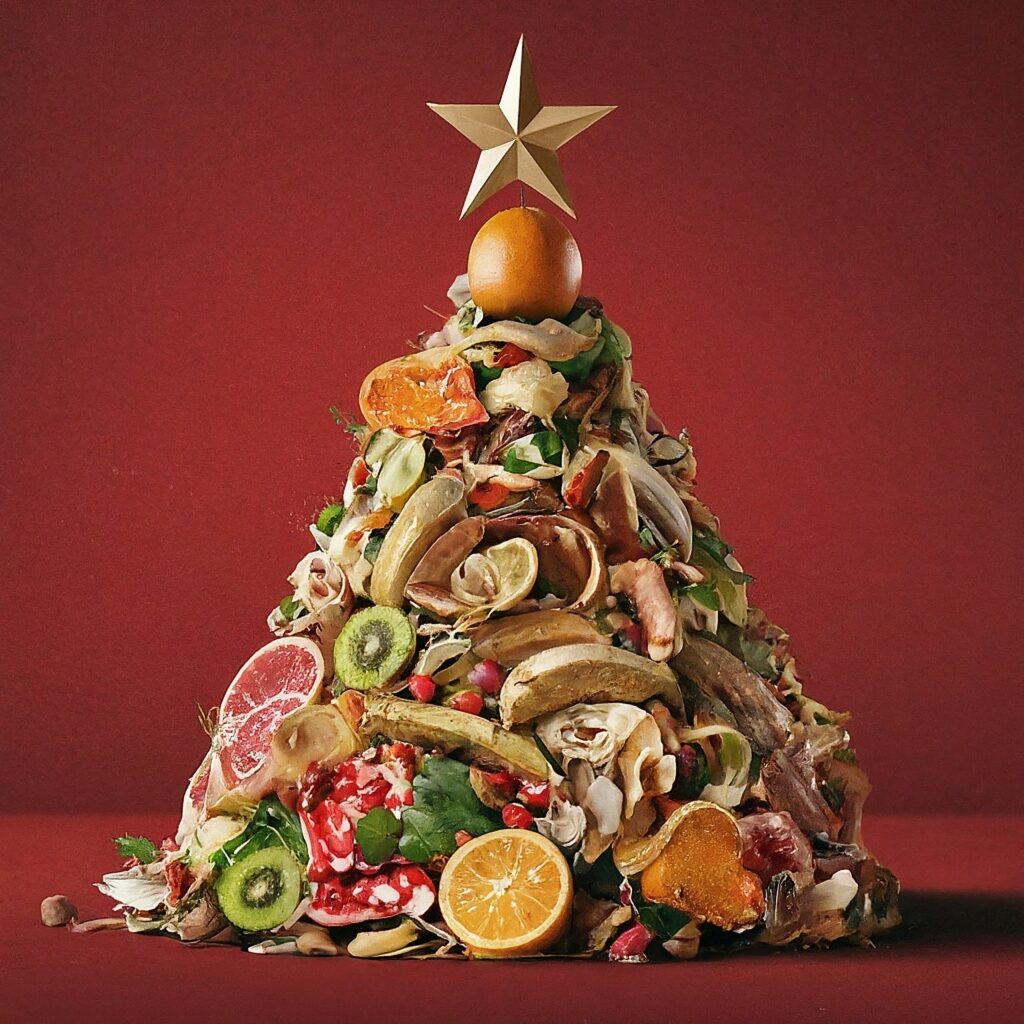And in a paper released this week setting out the key points for discussion, the Association gives the opinion that “in-hall windrows” could meet the Order's requirement for closed composting systems. These would be less expensive than the alternative, in-vessel systems.
The Composting Association has previously criticised the government for the expensive and “unnecessary over-regulation” contained in the revised Order released for consultation in November 2002 (see letsrecycle.com story). This will lift the UK ban on composting catering wastes that could contain meat, which was imposed in 2001 after the foot-and-mouth outbreak.
“The costs of compliance will increase the cost of processing thus altering the economic balance between composting, landfill and incineration with all the political ramifications that implies,” the Association warned in the new discussion paper. The document also raised technical points about monitoring methods and requested greater clarity on the temperature and duration that materials must be composted at in enclosed facilities.
Prescriptive
It questioned why DEFRA's interpretation of the treatment standard in the UK was “virtually equivalent” to the EU's standard for treating Category Three animal-by-products – not catering wastes. And it argued that overly prescriptive legislation could conflict with EU Biowaste Directive and compromise the proximity principle by making treatment too costly for small and local operators.
The paper also raised problems such as the Order's insistence on keeping 'c;lean' and 'd;irty' areas separate. “Composting of catering waste is a continuous process… strict demarcation of clean and dirty areas are not realistic,” it said. The requirement could affect the ability to locate new sites and increase capital costs because a greater area was needed, it warned.
The aim of the members-only workshop from January 15-17 is to arrive at a view that can be put to DEFRA in response to its consultation on the Animal By-Products Order amendments. The discussions will hear opinions from the composting industry, producers, local authorities, not-for-profit organisations, consultants and academics.
Issues
Alan Balding of the Composting Association said: “Rather than take an average professional view of what's important, we'd; rather ask members and get a consensus view on what the big issues are.”
The deadline for responses to the DEFRA consultation is February 12, 2003 and the Animal By-Products (Amendment) Order is due to be amended by the end of March 2003.
View the Composting Association's Animal By-Products Issue Paper.









Subscribe for free